Perhaps our favorite thing to do when things aren't going right in our lives is to blame someone else.
For example: "I failed my Chemistry test because my roommate was being too loud and kept me from sleeping."
While that may have made you a little less sharp on that day, it's more likely that you probably need to study more, or go to office hours, or stop using your phone in class (most likely a combination of all of the above). But your roommate, as a convenient scapegoat, provides you every impetus to not do anything you need to change how you're doing in chemistry.
This phenomenon of scapegoating, however, often manifests itself in a lot more powerful of ways. Scapegoating of fascism for representing all the evils of the world, for example, united us with a bunch of communists for four years. Scapegoating of the British for taxing the hell out of us united thirteen disjointed colonies in an unlikely rebellion. As the ancient Sanskrit proverb goes, "the enemy of my enemy is my friend."
And we have, of course, seen how scapegoating, real or imaginary, has been used in politics. Recently, I read Tales of the Metric System by Imraan Coovadia, a fictional book exploring the history of South Africa from 1970 to 2010. In the latest chapter in 2010, the author briefly mentions violence against Malawi, Zimbabwean, and Somali immigrants by South Africans. Known as the "rainbow nation", South African violence against foreigners for "bringing up our crime rate" and "stealing our jobs" sounded awfully familiar. Xenophobia exploits the caricaturization of immigrants, especially undocumented ones.
In our own most recent presidential campaign, scapegoating for "everything that's wrong with America" essentially dominated our politics. For Trump, it was the Mexicans, Muslims, NAFTA, and "PC Culture". For Bernie, it was the big banks and Wall Street. For Hillary, it was Trump, people who voted for Trump, and, again, Donald Trump. Some of these scapegoating campaigns have more veracity than others, but this is a political climate where facts don't matter.
At the end of the day, scapegoating requires a common enemy. I have often touted the unique, biracial nature of the 1676 Bacon's Rebellion in colonial Virginia in uniting a poor white and blacks against a rich planter elite. What I always neglect to mention is that the coalition killed a tremendous amount of local Native Americans because they were "stealing our land," so my plea for unity is egregiously shortsighted.
On an individual and personal level for most of us, we can use scapegoating as an act of defiance against a real or imagined oppressor. DJ Khaled, for example, has said in his Snapchat story: "They don't want you motivated. They don't want you inspired." Naturally, we want to stick it to "they," the haters, and prove them horribly wrong. One of my best friends told me I'd never run under a 6 minute mile in middle school. Two months later, I did, but I wouldn't have been as motivated or nearly as committed to that goal if my friend hadn't taunted me. Do you remember when all those teachers you hated told you, "don't drink alcohol and don't do drugs?" Yeah, exactly.
As Nir Eyal of the Harvard Business Review points out, we could very easily imagine how bad it would be if DJ Khaled made the scapegoat more specific, if instead of "they", it was an ethnic group. But the main point stands: what if we had our own imaginary scapegoat? What if "they" bet you that you wouldn't get an A on that next exam? What if "they" thought you couldn't fight your Netflix addiction?
As harmful as scapegoating can be, we can use it to motivate ourselves. As humans, we are attracted to the underdog plot, to the victims who embody the human spirit in resistance. Currently, I'm watching the new season of an anime TV show, Attack on Titan, that has an incredibly cliched dystopian plot: the human race lives behind three walls to defend themselves against Titans, a large humanoid species that eat humans. After every episode that I've watched, I come to an epiphany: the show is not good.
However, it predicates itself on a theme of human resilience and resistance. Humans, denied of their freedom to venture outside the walls, do. Thousands of military personnel lose their lives on "scout" missions against the Titans. But the main characters rely on humankind's indomitable and resilient spirit to regain their freedom. The main characters, "Scout" members who fight the Titans, come from a variety of backgrounds, including refugees and aristocrats, who form a new, collective identity to fight these Titans. They become a tight-knit group that pushes each other to train as hard as possible. As much as I realize how bad the show is, I also find it quite impossible to steer away from the next episode.
Ultimately, scapegoating helps us cement and strengthen our group identities in a way that makes us feel like we're a part of something much bigger than ourselves. But all in all, the most appealing part of scapegoating is that it helps us shirk away from the responsibility of the painful process of taking blame off ourselves, and that's incredibly relieving to most people.



 true love
StableDiffusion
true love
StableDiffusion
 My Cheerleader
StableDiffusion
My Cheerleader
StableDiffusion
 womans transformation to happiness and love
StableDiffusion
womans transformation to happiness and love
StableDiffusion
 future life together of adventures
StableDiffusion
future life together of adventures
StableDiffusion













 shiny things
StableDiffusion
shiny things
StableDiffusion
 listen to your heart
StableDiffusion
listen to your heart
StableDiffusion
 face your fear
StableDiffusion
face your fear
StableDiffusion
 olympic woman
StableDiffusion
olympic woman
StableDiffusion
 Lessons of life
StableDiffusion
Lessons of life
StableDiffusion
 Woman praying
StableDiffusion
Woman praying
StableDiffusion
 Disneys Goofy
StableDiffusion
Disneys Goofy
StableDiffusion
 love
StableDiffusion
love
StableDiffusion
 you are stronger than you think
StableDiffusion
you are stronger than you think
StableDiffusion
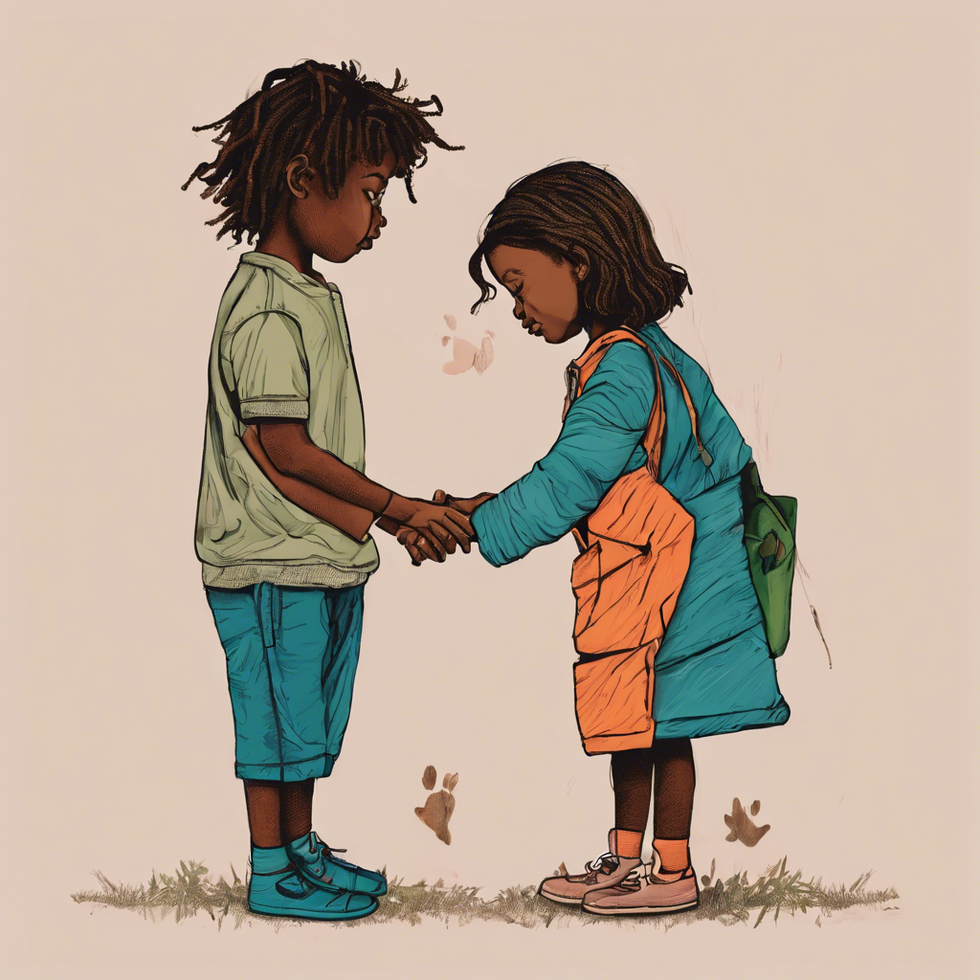 kindness
StableDiffusion
kindness
StableDiffusion

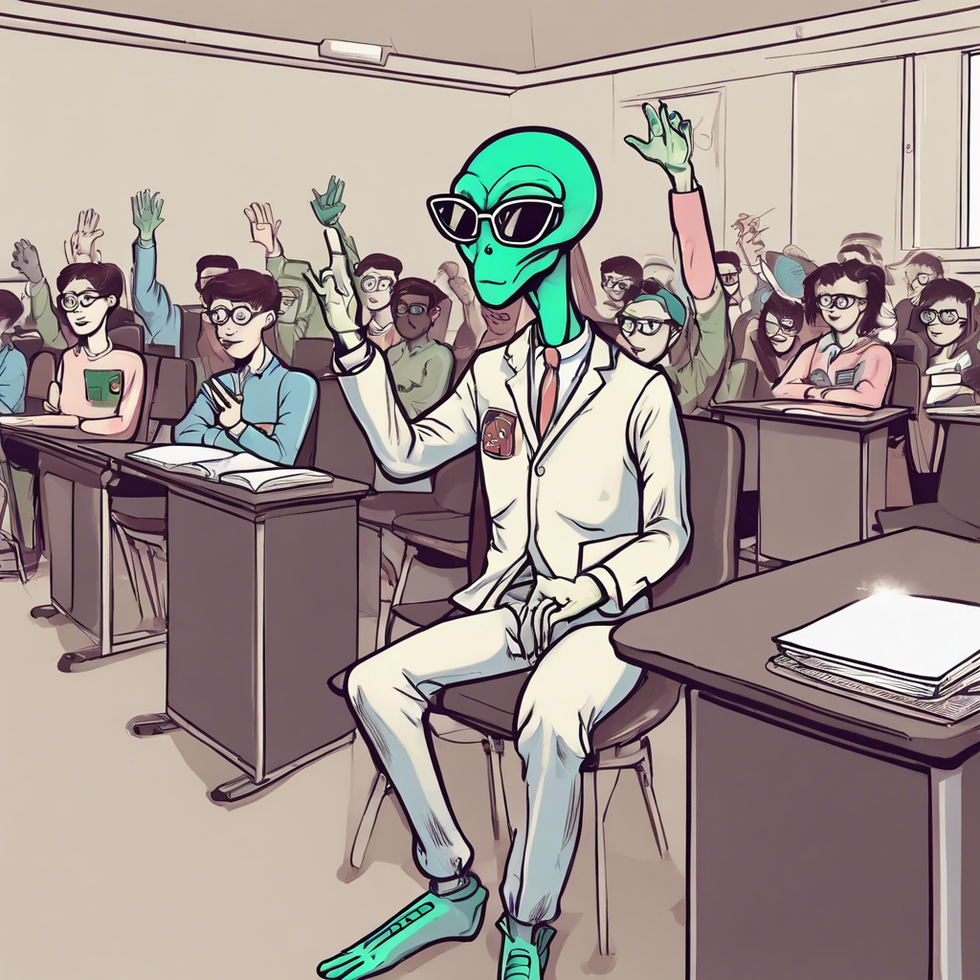 StableDiffusion
StableDiffusion StableDiffusion
StableDiffusion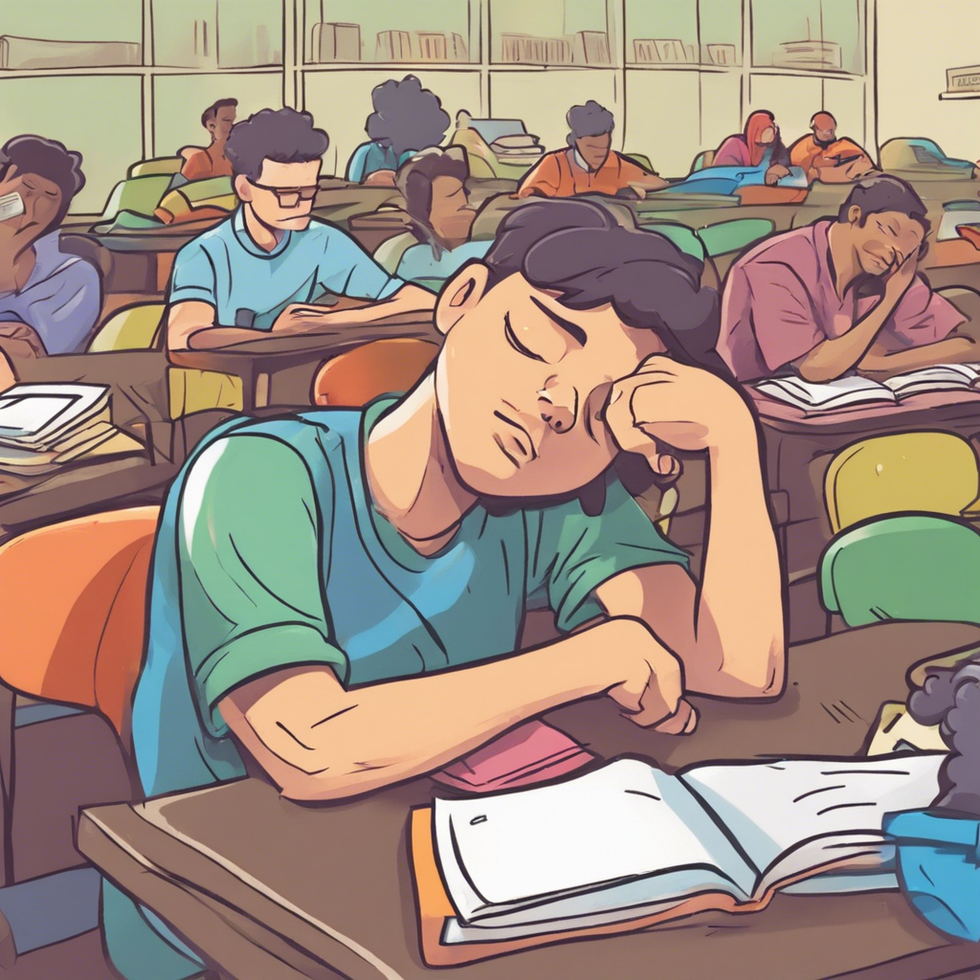 StableDiffusion
StableDiffusion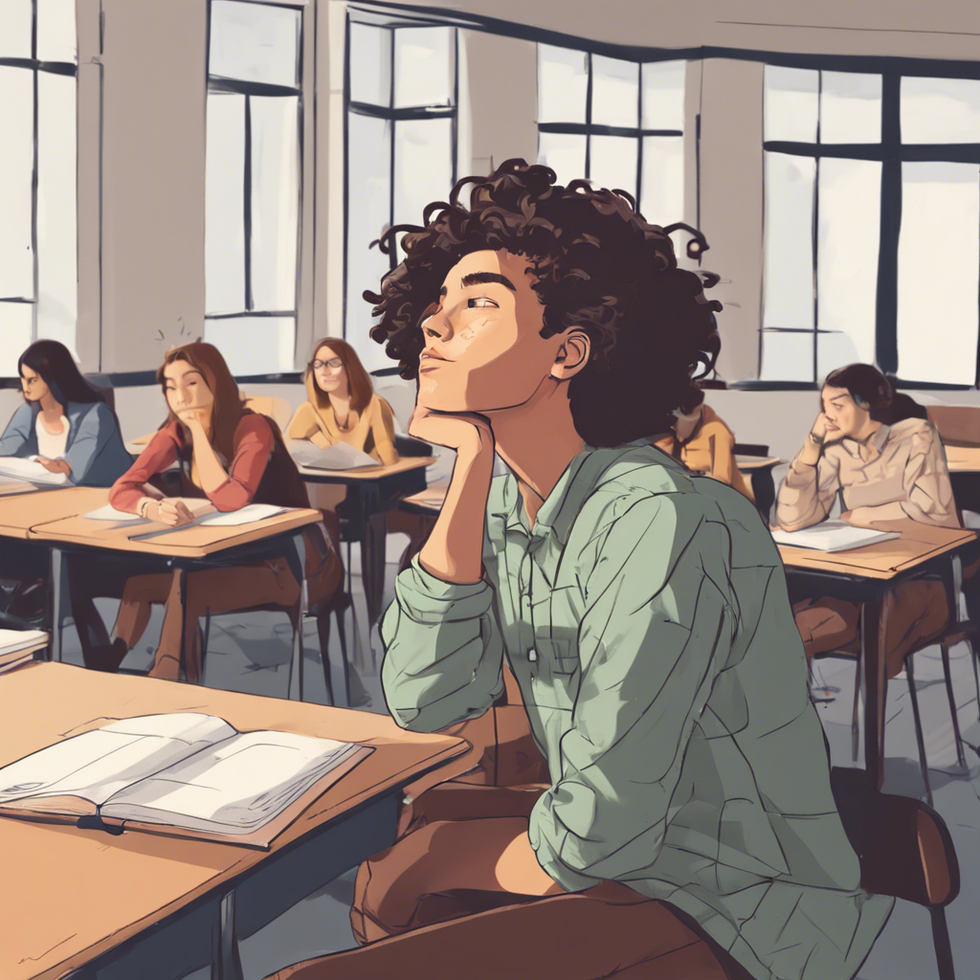 StableDiffusion
StableDiffusion StableDiffusion
StableDiffusion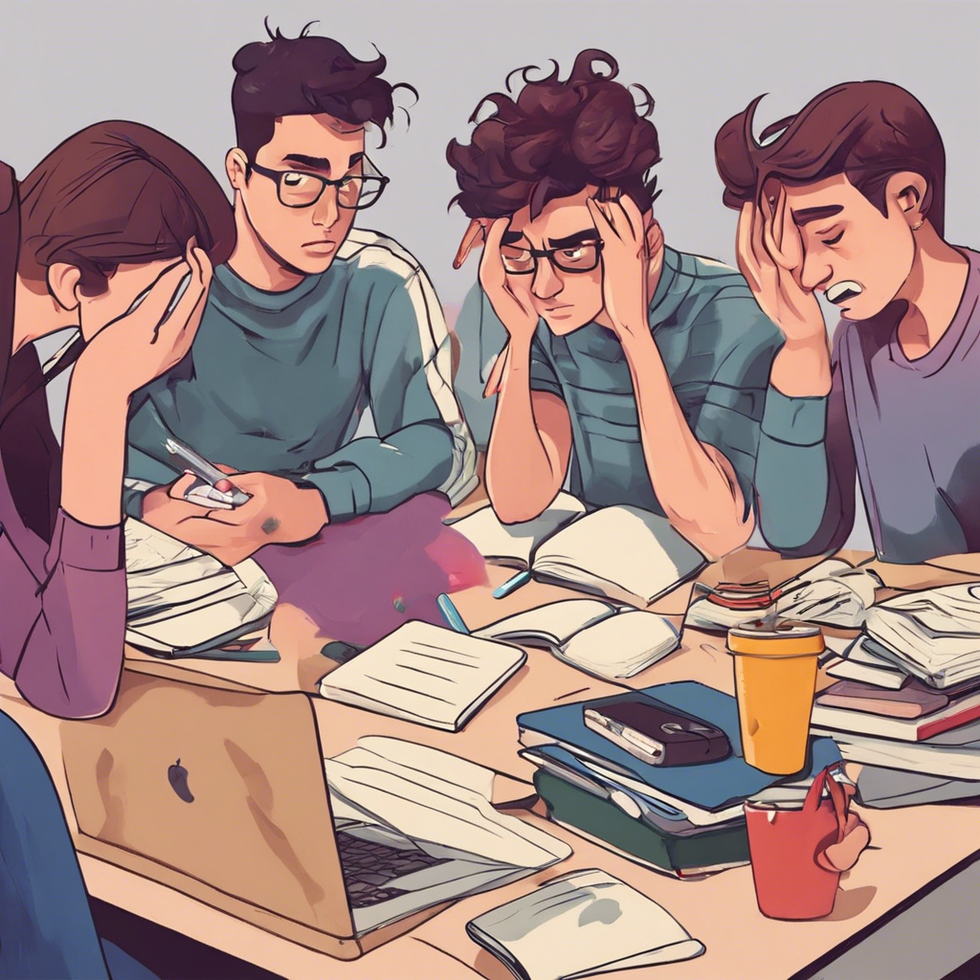 StableDiffusion
StableDiffusion StableDiffusion
StableDiffusion

 StableDiffusion
StableDiffusion StableDiffusion
StableDiffusion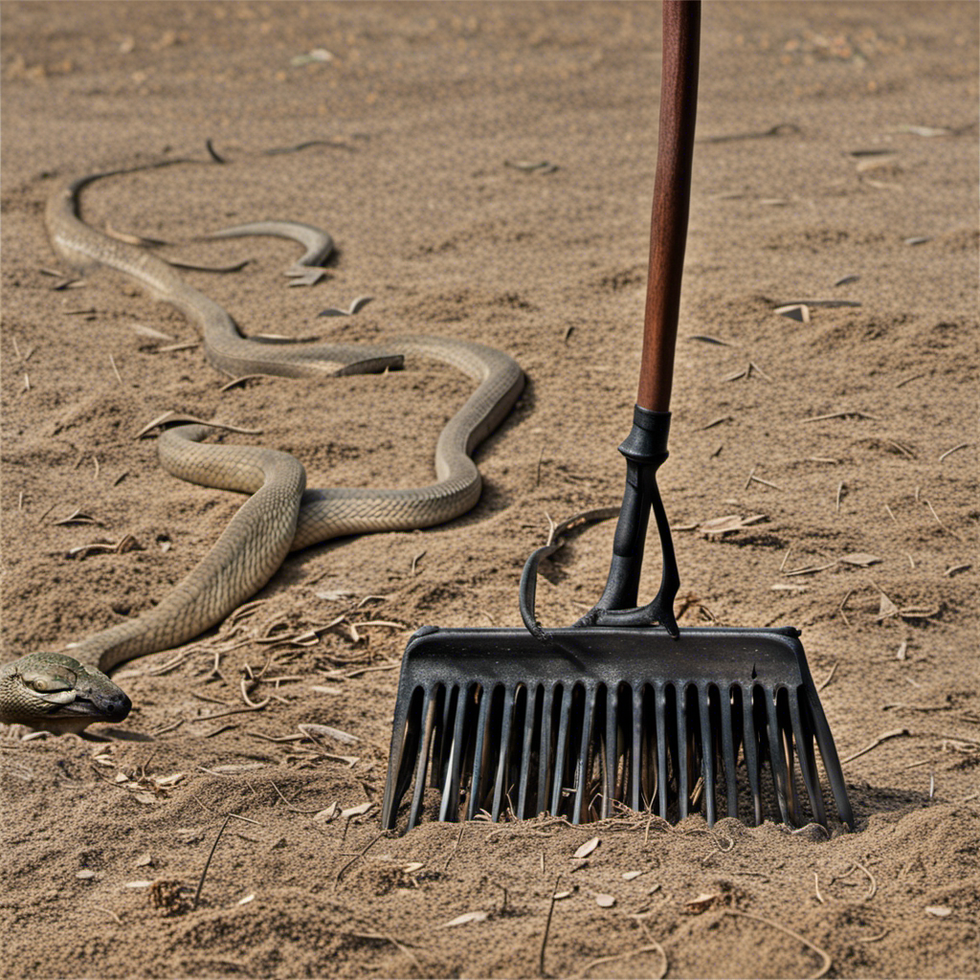
 StableDiffusion
StableDiffusion
 StableDiffusion
StableDiffusion
 StableDiffusion
StableDiffusion
 StableDiffusion
StableDiffusion








